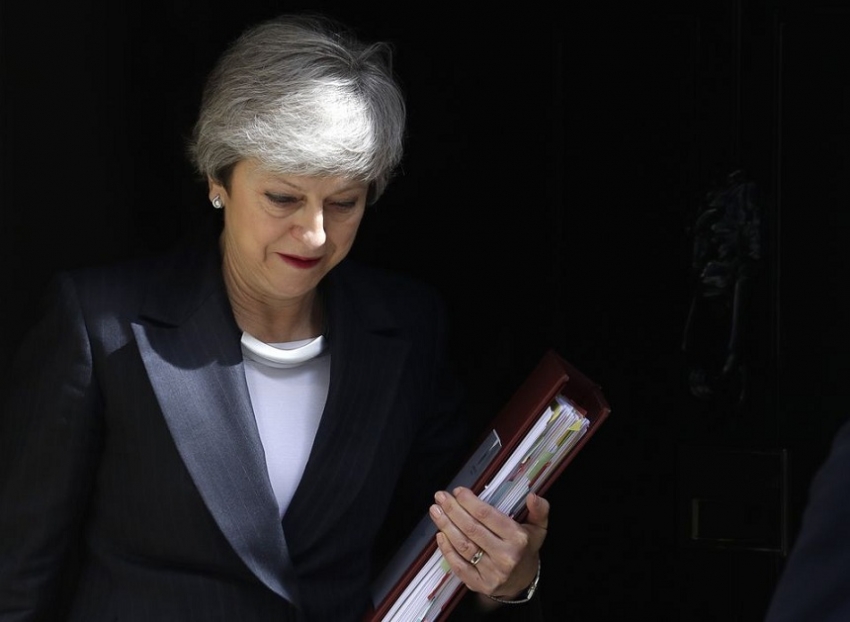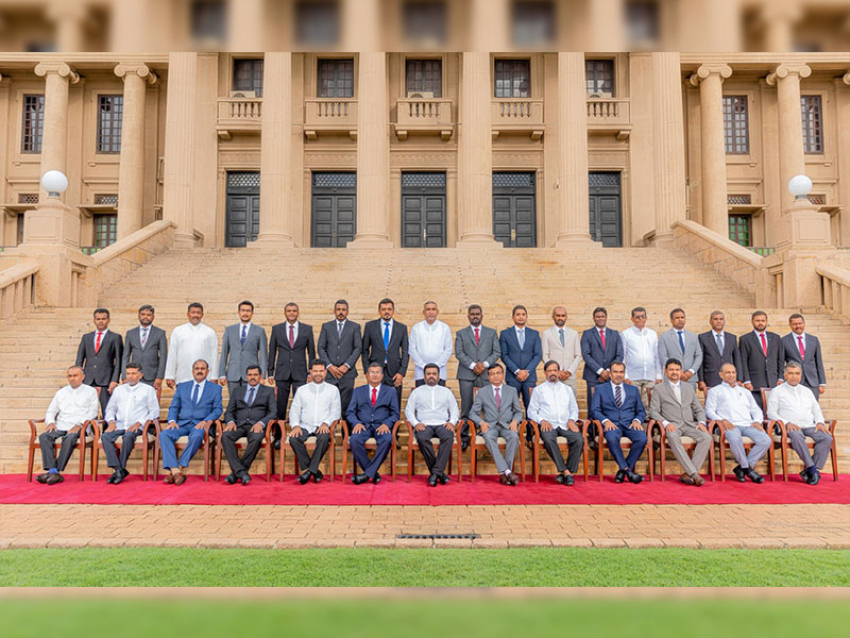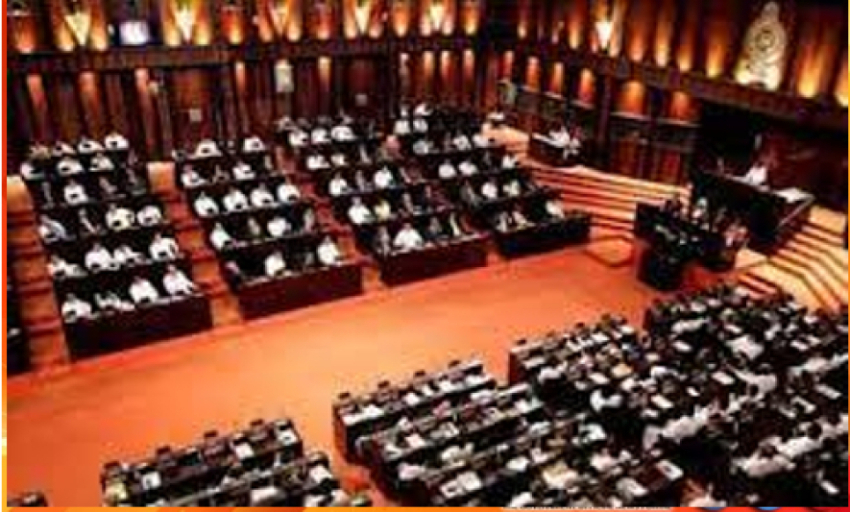“It is in the best interests of the country for a new Prime Minister to lead,” May told cameras. “It is and will always remain a matter of deep regret to me that I have not been able to deliver Brexit,” she said. “It will be for my successor to seek a way forward that honours the result of the referendum. To succeed, he or she will have to find consensus in Parliament where I have not.”May became British Prime Minister in July 2016, after her predecessor David Cameron stepped down in the wake of the U.K.’s vote to leave the European Union in the June 2016 referendum.
The former Home Secretary (Interior Minister), May had supported the ‘remain’ campaign in the referendum, but pivoted to a ‘leave’ platform as Prime Minister, promising to do all she could to make Brexit an opportunity for the country. Perhaps the moment that defined her premiership came in April 2017, when she called a general election in a bid to increase her majority in Parliament in order to smooth the passage of Brexit legislation.
However May’s gambit, based on high polling data at the time, failed to pay off. In the June election, the Labour Party led by Jeremy Corbyn staged a surprise resurgence, resulting in May’s Conservatives actually losing seats.May’s majority after that was wafer thin — which further handicapped her ability to lead her divided party, irreconcilably riven over the issue of E.U. membership. It was that divide that brought May’s premiership to an end. That brings to four the number of consecutive Conservative prime ministers whose political careers have ended because of Europe: Cameron, John Major before him and Margaret Thatcher before him.
May was only the second woman Prime Minister Britain has ever had, after Thatcher. “I will shortly leave the job that it has been the honor of my life to hold,” May said, visibly emotional as her speech drew to a close. “The second female prime minister, but certainly not the last. I do so with no ill-will, but with enormous and enduring gratitude to have had the opportunity to serve the country I love.” Outside Downing Street, Theresa May said the failure to deliver Brexit was a matter of "deep regret" Theresa May has said she will quit as Conservative leader on 7 June, paving the way for a contest to decide a new prime minister.
In an emotional statement in Downing St, she said she had "done my best" to honour the 2016 EU referendum result.It would remain a matter of "deep regret" that she had been unable to deliver Brexit, she added.Mrs May said she will continue to serve as prime minister while a Conservative leadership contest takes place.
She will step down as Tory leader on 7 June and a leadership contest is due to begin the following week. The prime minister has faced a backlash from her MPs against her latest Brexit plan, which included concessions aimed at attracting cross-party support. Andrea Leadsom quit as Commons leader on Wednesday saying she no longer believed it would "deliver on the referendum result". Mrs May met Home Secretary Sajid Javid and Foreign Secretary Jeremy Hunt at Downing Street on Thursday where they are understood to have expressed their concerns about the bill.
In her statement on Friday, she said that in order to deliver Brexit, her successor would have to build agreement in Parliament. "Such a consensus can only be reached if those on all sides of the debate are willing to compromise," she said.
Theresa May at the top 3 years as prime minister, following David Cameron 6 yearsbefore that, as home secretary Failed to win 2017 general election outright, but stayed PM Remainvoter in the 2016 EU referendum Brexit dominated her time at 10 Downing Street
Mrs May said she had done "everything I can" to convince MPs to support the withdrawal deal she had negotiated with the European Union but it was now in the "best interests of the country for a new prime minister to lead that effort". Mrs May's voice shook as she ended her speech saying: "I will shortly leave the job that it has been the honour of my life to hold."The second female prime minister, but certainly not the last."I do so with no ill will, but with enormous and enduring gratitude to have had the opportunity to serve the country I love."
May became British Prime Minister in July 2016, after her predecessor David Cameron stepped down in the wake of the U.K.’s vote to leave the European Union in the June 2016 referendum.The former Home Secretary (Interior Minister), May had supported the ‘remain’ campaign in the referendum, but pivoted to a ‘leave’ platform as Prime Minister, promising to do all she could to make Brexit an opportunity for the country. Perhaps the moment that defined her premiership came in April 2017, when she called a general election in a bid to increase her majority in Parliament in order to smooth the passage of Brexit legislation.However May’s gambit, based on high polling data at the time, failed to pay off. In the June election, the Labour Party led by Jeremy Corbyn staged a surprise resurgence, resulting in May’s Conservatives actually losing seats.
May’s majority after that was wafer thin — which further handicapped her ability to lead her divided party, irreconcilably riven over the issue of E.U. membership.It was that divide that brought May’s premiership to an end. That brings to four the number of consecutive Conservative prime ministers whose political careers have ended because of Europe: Cameron, John Major before him and Margaret Thatcher before him.
May was only the second woman Prime Minister Britain has ever had, after Thatcher. “I will shortly leave the job that it has been the honor of my life to hold,” May said, visibly emotional as her speech drew to a close. “The second female prime minister, but certainly not the last. I do so with no ill-will, but with enormous and enduring gratitude to have had the opportunity to serve the country I love.” The race to succeed May as Prime Minister will now begin.




















